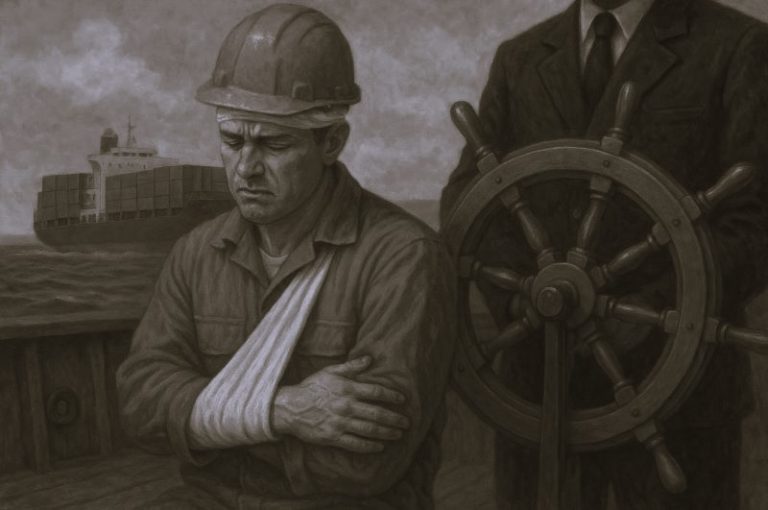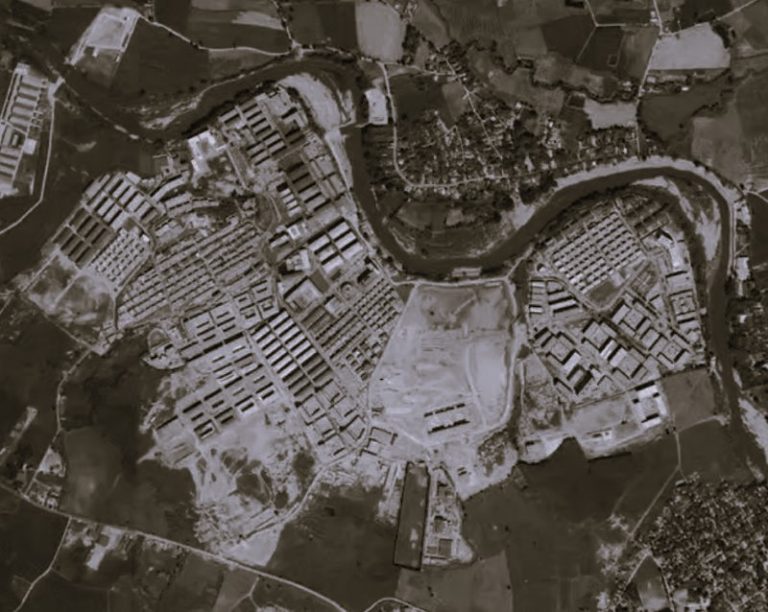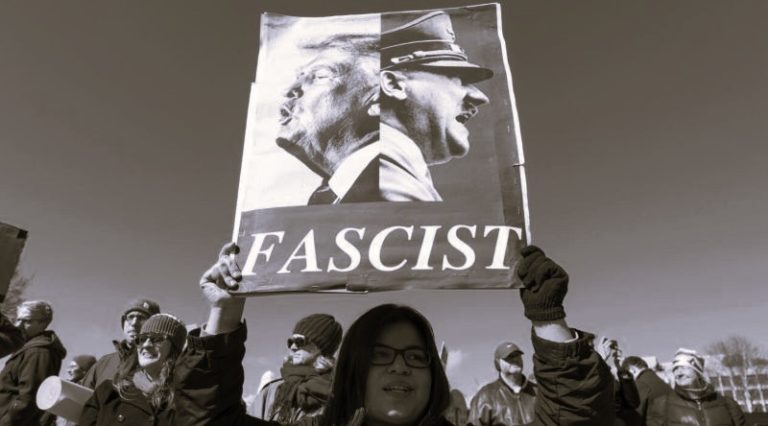
Even medievalists have a hard time determining the precise moment when the Middle Ages started and ended. There’s a relative consensus that it started with Augustine and lasted after the birth of Descartes. That would put us in a rough frame between the mid-fourth and the early seventeenth century. Yes; it means that the Middle Ages encompass a period of almost eighteen centuries. Crazy!
Other sources say that the medieval period lasted between the fifth and fifteenth century, from the fall of the Roman Empire and well into the Renaissance.
Let’s not get stuck with technicalities today. We have another important topic: what power did the Popes have back then? From general knowledge, we all know that the Pope was a huge figure in people’s lives. Let’s improve that general knowledge, shall we?
Maybe it will prevent students from hiring an essay writing service when they have to write on topics from this period.
What Was the Medieval Political Philosophy Like?
Each historical period is distinguished by a dominant political philosophy. During the Renaissance, Niccolo Machiavelli and Thomas More were the ones who set the standards. During the Middle Ages, the Church had a major influence over all public events.
The connection between religion, philosophy, and politics was very strong.
Medieval schools were governed by the principles of scholasticism. It was a pretty cool system, based on critical thinking and dialectical reasoning. The students were challenged to analyze contradictions and solve them.
When you think about it, this system may be more effective than today’s system, which is prompting students to wonder: “How can I get my assignment help?” Today’s schools impose memorization, research, and writing. That’s why most students need efficient essay help to get through the challenges. Back in the Middle Ages, the principles of scholasticism imposed a conceptual analysis that led to logical conclusions.
However, the Church had a massive influence over every aspect of society. It governed the rise of the educational system. In fact, this model of education originated from Christian monastic schools. It was where the medieval political philosophy was rooted into people’s minds.
The authors, who established the political philosophy at the time, drew their ideas from the knowledge they received in these schools. In most cases, they commented on the conflicts between secular rules and the Church. Their political ideas were based on the teachings of the Bible. They stood behind the belief that it’s normal for people to be governed by kings, and they imposed the idea that today’s kings should follow the model established by King David.
History students love exploring this historical period because it’s very straightforward. There is one main political philosophy, which can be directly linked to the Pope’s role in society.
The Pope Had an Immense Political Power
The Roman Catholic Church is a very organized institution. During the Middle Ages, its hierarchy became more elaborate than ever. The Pope was the head of the hierarchy, and he established supreme power. Since the Church was so intertwined with the way the society functioned, the Pope’s influence extended way beyond his role in the Church.
Christians perceived Christ as the ultimate king. Despite the New Testament’s clear instructions for equality among the followers of Christ, the ones who were positioned higher in the Church’s hierarchy claimed power and authority.
The Church positioned itself as God’s kingdom on Earth, and the Pope was perceived as the ultimate authority, with a clear share in Christ’s power.
The Pope had complete secular power over the so-called Papal State, which extended over a large region in Central Italy. If you compare the Pope’s role in this region to that of a king in a kingdom, you would find no differences at all.
Many of the political and social conditions in the society were instructed by the papacy. Pope Innocent III (1198 – 1216), claimed that the Pope was the bridge between humankind and God. He restored the weakened influence of the Church over the Papal states, and claimed authority over all issues related to sin. He also got involved in the political conflict between the Holy Roman Empire and France. Through this sole case of imposing authority, we can easily understand how influential the Popes were throughout the Middle Ages.
What’s Different Today?
The Church was a major part of everyone’s lives during the medieval times. Today, it’s role in providing spiritual guidance to people is preserved. However, the Church no longer serves for any government. Its political role is diminished. Even TV personalities have more power to influence political decisions when compared to today’s Pope.
Is that a good thing or a bad thing?
In general, democracy is a good system. It doesn’t come with its flaws. But it’s nice to be able to rely on an essay writer when you get stuck with a paper, without being worried that the Church would put you in prison for it. Each person has their own moral compass. We may turn to the Church for spiritual guidance, but we’ll do it without being forced into believing. That’s the best way to discover your true faith.







